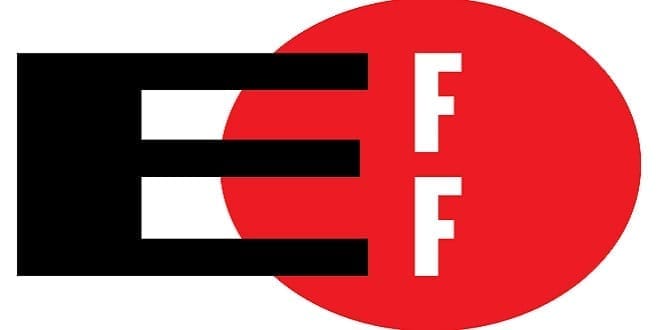The Electronic Frontier Foundation (EFF) has recently made a call for USA legislators to reject a proposed cyber-security bill called the Cybersecurity Information Sharing Act of 2015, or CISA. The draft of the bill, which can currently be read in full at the EFF's website, has been deemed a cyber-surveillance bill by the EFF, who argue that the main effects of the bill will be the facilitation of information gathering for military and intelligence agencies such as the NSA.
The EFF has compared this new bill to the failed 2011 legislation CISPA (Cyber Intelligence Sharing and Protection Act). They justify the comparison by saying that:
These pieces of legislation have all been introduced under the auspices of increased computer and network security. But instead of providing increased funding for security research, providing funding for security training for federal government employees, or any of the other ways computer and network security could be made better, they have focused on information sharing, without addressing the privacy and civil liberties implications that entails.What is worse, the bill has no requirement that a user's privacy be protected. The bill is cited as saying:
CISA does not effectively require private entities to strip out information that identifies a specific person prior to sharing cyber threat indicators with the government, a fundamental and important privacy protection.The grievances are compounded by several other factors, the first of which being the fact that bill does not limit itself to monitoring threats of cyber-security. Instead, it's aim is rather far-reaching, giving itself authority over "a wide range of crimes involving any level of physical force, including those that involve no threat of death or significant bodily harm." Secondly,companies that infringe on the privacy or launch harmful countermeasures against innocent users would be able to completly skirt responsibility for such actions. This type of activity is further incentivized by the bill by guaranteeing certain legal immunity to the companies that share information.
The EFF pleads for your assistance too. The relevant information on how you can assist is included in their concluding paragraph.
You can read the full text of the letter and see the signatories here. The SSCI [the United States Senate Select Committee on Intelligence] is expected to mark up CISA soon. And while we’re hopeful that it will be defeated, CISA’s past iterations have faced several veto threats from President Obama, a petition with over 800,000 signatures, and a widespread online campaign dubbed "Stop Cyber Spying Week." That means we need your voice to defeat this version, too. Take action today: tell your Senator to oppose reintroduction of a bill that invades the privacy and civil liberties of everyday Internet users while failing to truly make the Internet safer.






